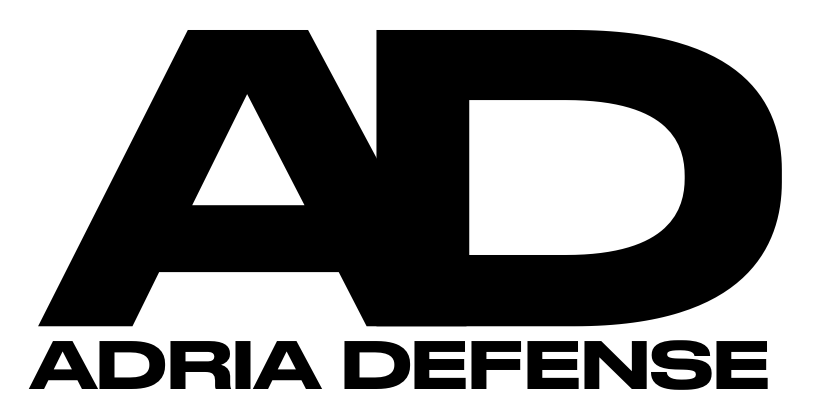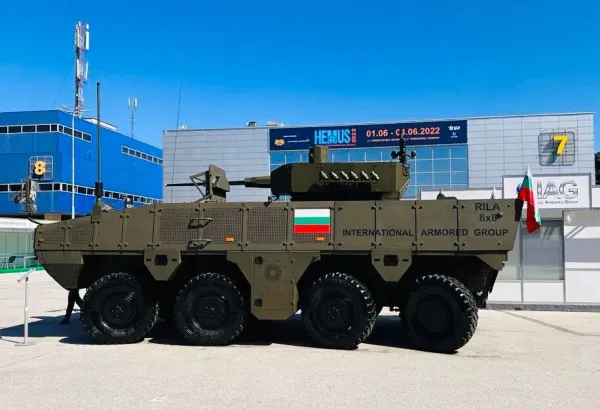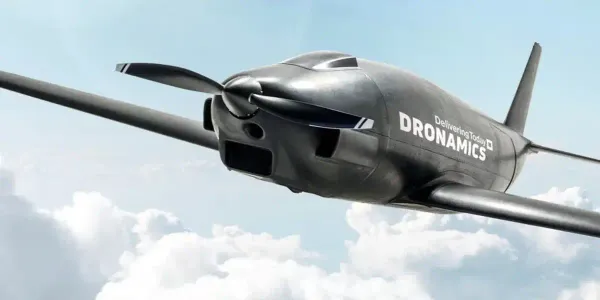Europe’s $7.8 Billion Defense Showdown: Starmer Says No to Brussels
The UK has rejected Brussels’ demand to pay up to €6.75 billion to join the EU’s new SAFE defense fund, deepening post-Brexit tensions and potentially sidelining Britain from Europe’s largest collective rearmament initiative.

The UK’s refusal to join the European Commission’s new €150 billion Security Action for Europe (SAFE) defense fund has sparked a sharp diplomatic standoff, exposing the fragile balance between post-Brexit independence and continental defense unity.
Prime Minister Keir Starmer’s government rejected Brussels’ proposed entry fee—estimated between €4 billion and €6.5 billion, plus another €150–250 million in administrative costs—as “unreasonable and disproportionate.” London insists participation must deliver “clear industrial returns” for British defense firms, especially given the UK’s status as Europe’s second-largest defense spender after France.
The Commission’s proposal would allow non-EU partners to access SAFE funding for defense R&D, procurement, and manufacturing—if they contribute financially and agree to certain EU procurement rules. But critics in Westminster argue the conditions favor continental suppliers, undermining the very cooperation the EU says it wants.
Behind closed doors, several EU capitals reportedly back a softer deal, wary that excluding Britain could fragment Europe’s defense ecosystem just as the continent seeks to counter Russia’s long-term threat. France, however, is said to be pushing for a stricter financial contribution from London, viewing the SAFE framework as a cornerstone of EU strategic autonomy.
SAFE aims to channel joint borrowing into drones, air-defense systems, cyber infrastructure, and ammunition production, accelerating European rearmament after years of underspending. Non-EU countries including Canada, South Korea, and Turkey have also expressed interest in joining under associate terms, though none face the same political baggage as the UK.
For Starmer, the dispute marks an early test of his pledge to “reset relations with Europe” while preserving sovereignty. Defense analysts warn that failure to reach an agreement could leave the UK isolated from major procurement projects and weaken NATO’s European pillar at a moment when U.S. commitment under President Donald Trump is increasingly uncertain.
With EU member states facing a November 30 deadline to submit their first SAFE project bids, time is running out for compromise. Whether London negotiates its way back into Europe’s defense-industrial orbit—or remains a powerful but detached observer—could define the next decade of European security cooperation.





